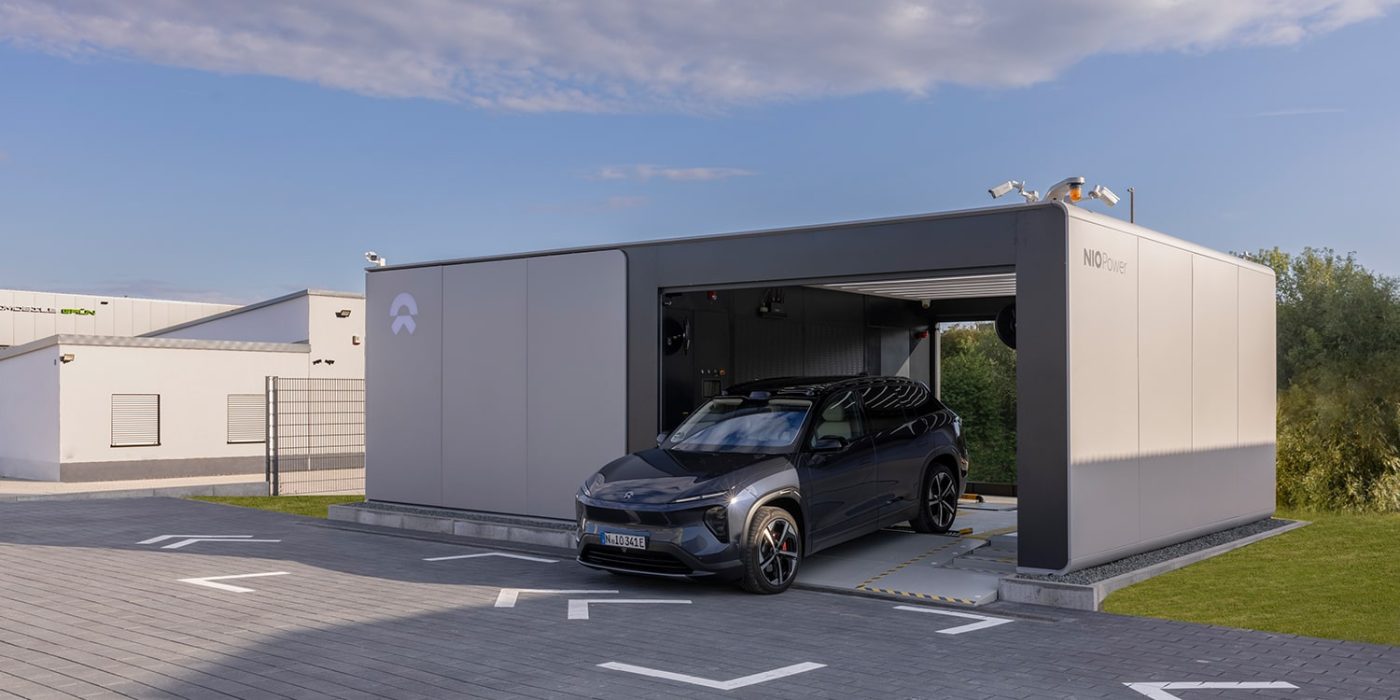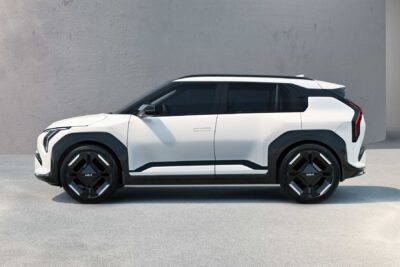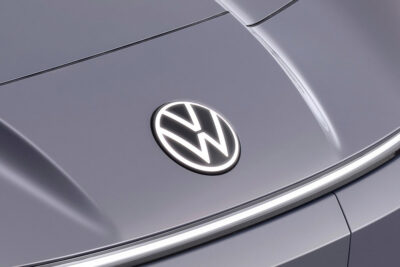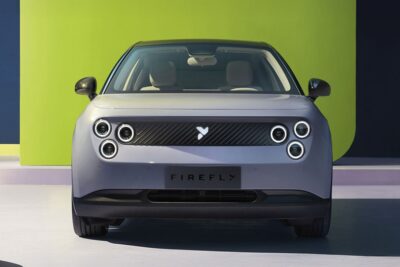Changan signs on as Nio’s battery swapping partner
The cooperation agreement between Nio and Changan provides for the expansion and joint use of the Nio network of battery swap stations, the joint development of battery swap-capable models and the establishment of standards for battery swapping.
The battery swap concept is integrated into all Nio models. There are currently pack variants with 75 kWh (mainly with LFP cells) and 100 kWh (exclusively NCM cells). A semi-solid-state variant with 150 kWh and the same dimensions was announced a long time ago and has been on the market since July after some delays, but is not yet available on a large scale.
Nio currently has around 2,100 battery swap stations in China – also known as power swap stations, or PSS for short. Until now, Nio vehicles have had exclusive use of this expensive infrastructure. With Changan as the first battery swap partner, electric cars from other brands will soon also be able to use the PSS. At the moment, however, only the cooperation agreement has been signed, and Changan’s battery swap-capable e-cars are not yet available – no specific model or launch date has been announced.
On the occasion of the cooperation, Nio founder and CEO William Li recalls that his company’s goal from the outset was to “open up technologies and infrastructure to the entire industry” – and compares its battery swap system to a “cloud service provided by internet companies”.
Unlike a cloud connection, however, a battery replacement system also involves an essential piece of hardware in an electric car. The battery – from the cell to the battery pack including thermal management – is considered a competitive component – if your battery is cheaper than the competition or offers better properties, this has a direct impact on the value of the electric car. However, a battery replacement system works best with low complexity and batteries that are as uniform as possible. This is why many car manufacturers have so far shied away from entrusting such an important component as the battery to a swap system.
The fact that Changan is now joining Nio is potentially a big deal: according to the China Passenger Car Association (CPCA), Changan is China’s third-largest car manufacturer this year, behind BYD and FAW-Volkswagen, but ahead of Geely and SAIC-Volkswagen. However, the majority of Changan’s sales are conventional combustion vehicles, with only just under 300,000 of the more than 1.1 million Changan vehicles sold this year being new energy vehicles.
“As China is doubling down on new energy and smart connected vehicles, the implementation of NIO’s battery swapping model marks a significant milestone for the industry,” said Zhu Huarong, Chairman of Changan. “The partnership between Changan Automobile and NIO on battery swap is of great importance, contributing to the high-quality development of China’s new energy vehicle industry. This partnership with Nio won’t be limited to battery swap.” Zhu also announced that the partnership with Nio “will not be limited to battery replacement”.
This is not the first cooperation between Nio and Changan. Both companies founded the electric car brand Avatr in 2018 – initially, the company was even called Changan-Nio. However, Nio later largely withdrew from the joint venture. CATL later acquired a major stake in Avatr. This is not the worst prerequisite, as CATL is also Nio’s main cell supplier.





0 Comments